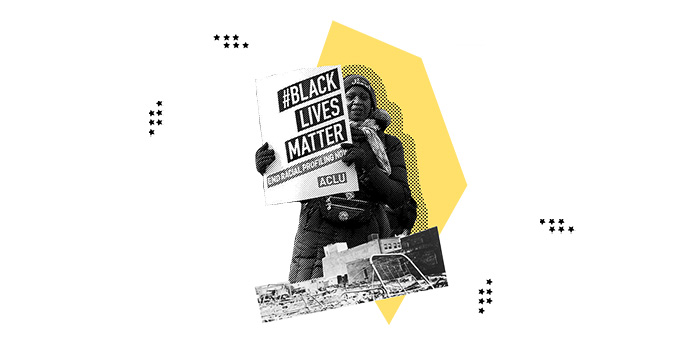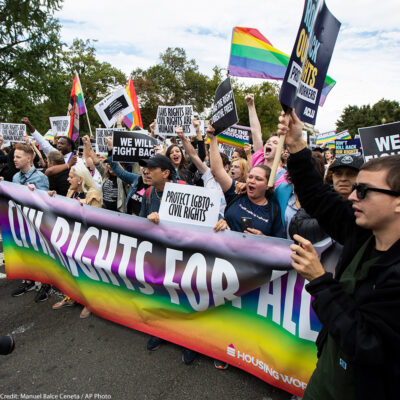Affirmative Action
The ACLU works in courts, legislatures, and communities to defend and preserve the individual rights and liberties that the Constitution and the laws of the United States guarantee everyone in this country.

The Latest
-

Supreme Court Term in Review: Reconciling Our Losses and Wins
-


ACLU Comment on President Biden’s Response to the Supreme Court’s Ruling on Affirmative Action
-
Special Edition: The Supreme Court Overturns Affirmative Action
-


ACLU Comment on Supreme Court’s Ruling Against Harvard and UNC’s Affirmative Action Policies
Explore More
What's at Stake
The ACLU Racial Justice Program actively supports affirmative action to secure racial diversity in a number of settings to help ensure equal opportunities for all people. Affirmative action is one of the most effective tools for redressing the injustices caused by our nation’s historic discrimination against people of color and women, and for leveling what has long been an uneven playing field. A centuries-long legacy of racism and sexism has not been eradicated despite the gains made during the civil rights era. Avenues of opportunity for those previously excluded remain far too narrow. We need affirmative action now more than ever.
According to 1998 U.S. Department of Labor statistics, blacks are almost twice as likely as whites to be unemployed. The unemployment rate is also higher for Latinos than it is for whites. Blacks and Latinos generally earn far less than whites do. In 2000, the median weekly earnings for blacks were $459; for Latinos, they were $395. In that period, average weekly income for whites was $590. Workers of color are still concentrated in the lower-paying, unskilled sector. In 1993, black and Latino men were half as likely as whites were to be employed as managers or professionals and much more likely to be employed as machine operators and laborers. Barriers to equality also remain for women.
The ACLU Racial Justice Program actively supports affirmative action to secure racial diversity in a number of settings to help ensure equal opportunities for all people. Affirmative action is one of the most effective tools for redressing the injustices caused by our nation’s historic discrimination against people of color and women, and for leveling what has long been an uneven playing field. A centuries-long legacy of racism and sexism has not been eradicated despite the gains made during the civil rights era. Avenues of opportunity for those previously excluded remain far too narrow. We need affirmative action now more than ever.
According to 1998 U.S. Department of Labor statistics, blacks are almost twice as likely as whites to be unemployed. The unemployment rate is also higher for Latinos than it is for whites. Blacks and Latinos generally earn far less than whites do. In 2000, the median weekly earnings for blacks were $459; for Latinos, they were $395. In that period, average weekly income for whites was $590. Workers of color are still concentrated in the lower-paying, unskilled sector. In 1993, black and Latino men were half as likely as whites were to be employed as managers or professionals and much more likely to be employed as machine operators and laborers. Barriers to equality also remain for women.